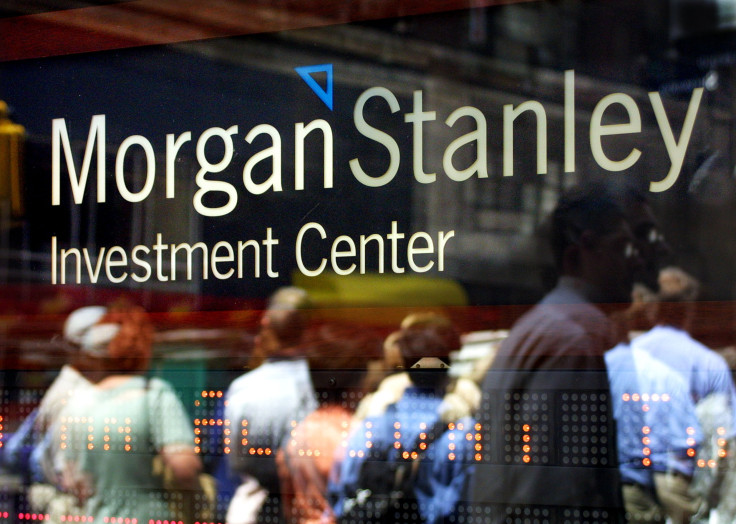Global Investment Banks Have Shed 15,000 Trading And Sales Jobs Since 2010

Trading desks at major banks have been bleeding since 2010, and newly released data show that the past year was no exception.
Head counts in trading and sales at the 12 largest global investment banks fell by 800 in the past year, bringing the five-year total to 14,700 jobs sheared from banks’ payrolls. Those positions include roles in investment banking divisions, equities trading, and fixed-income, currencies and commodities units (or FICC), according to research by U.K. consulting firm Coalition.
Revenue in these divisions also continued a multiyear slide, falling by $4.4 billion between 2014 and 2015, and nearly 15 percent since 2010. The report counted cuts at Goldman Sachs, Morgan Stanley, Barclays, HSBC and eight other major investment banks.
Peter Laughter, CEO at the staffing firm Wall Street Services, described a broad shift in the landscape of investment banking in the past decade, as technological advances and automation have transformed entire investment banking divisions.
“A lot of those roles within finance are diminishing and frankly might not come back,” Laughter said. “Former traders are leaving the industry altogether.”
Wall Street has seen several bouts of trading desk cutbacks in the past year. In November, Morgan Stanley announced it would slash its FICC division by 25 percent in the midst of a quarter that saw bond and currency trading revenue fall $49 million, or 8.1 percent, year over year. In January, Goldman Sachs said it would cull 10 percent of its bond traders.
At the same time, positions in compliance and technology have exploded, in part due to increased regulations stemming from the global financial crisis. Banks have ramped up divisions devoted to rooting out money laundering and supervising traders following a spate of penalties and legal settlements that have totaled over $200 billion worldwide.
“The last several years have been all about regulatory implementation,” Laughter said.
Volatile bond markets since August have made it all the more challenging to turn a profit in FICC trading, with a number of Wall Street banks undershooting earnings expectations in the last quarter of 2015. The exception, according to the Coalition report, has been equities trading, where the 12 largest banks have seen revenue increase by 25 percent since 2010.
But healthy revenue doesn’t mean more banking jobs, as technological innovation threatens to crowd out traders whose chief skill was once the telephone. “A lot of the work on the shop floor is being automated,” Laughter said. “We see the writing on the wall.”
© Copyright IBTimes 2025. All rights reserved.






















